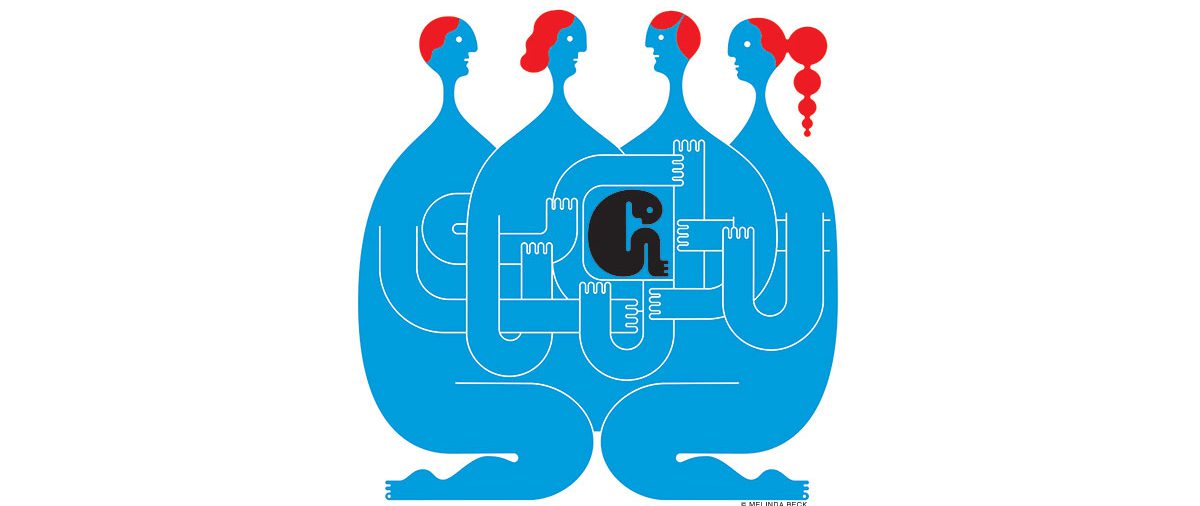What is the primary goal of the foster care system?
by Richard J. Gelles of The Pennsylvania Gazette
The fatal scourge of child maltreatment has a tragic enabler: the ethical code of professional social workers.
When Philadelphia Assistant District Attorney Ed McCann asked me if I would review materials of a case that was to be presented to a Philadelphia grand jury, I accepted with concern. I knew something about the case of 14-year-old Danieal Kelly, who died on August 4, 2006. My first knowledge of it came when our school’s associate dean for student affairs alerted me that the FBI was interviewing one of our Master of Social Work (MSW) students. When I asked for more details, I learned that our student had been assigned to Danieal’s case as part of his internship with a local social service agency. The agency, MultiEthnic Behavioral Health, owned and operated by one of the school’s graduates, was a longtime field placement for the school. I knew a little bit more from conversations with reporters from the Philadelphia Inquirer who were working on an investigation of the Philadelphia Department of Human Services (DHS).
Even with some foreknowledge, I was completely unprepared for what I read in the case materials. As detailed in the 263-page grand jury report, Danieal, who had cerebral palsy, wasted away while supposedly under the watch of DHS and MultiEthnic Behavioral Services. When she died in a urine-soaked bed, Danieal weighed 42 pounds and had bedsores that nearly reached her bones.
What is the primary goal of the foster care system?
After the grand jury report, McCann and the District Attorney’s Office proceeded to prosecute Danieal’s parents, family friends, DHS employees, and the owner and employees of MultiEthnic Behavioral Health. In the end, 17 individuals were either convicted or pled guilty to charges ranging from perjury to third-degree murder.
What is the primary goal of the foster care system?
As I met with McCann to prepare for my grand jury testimony, he and his associates continued to ask me the same question: How could social workers and supervisors whose job it is to protect children allow a 14-year-old to slowly starve to death? While some caseworkers had falsified their records, and recorded visits they never made, other caseworkers did visit the Kelly home and most certainly had at least peeked into Danieal’s room. And yet Danieal died a slow death in a hot, dark bedroom.
My answer probably did not convince McCann and his associates. I said that the workers—not merely the incompetent ones, but the best ones as well—tend to see parents, not children, as their primary clients. Despite the fact that the agencies are named “Child Welfare” or “Child Protection,” their real mission focuses on providing services to parents and caregivers. If there is a “fatal” flaw in the American child welfare system, it is the fact that the system does not see vulnerable children as its primary clients.
What is the primary goal of the foster care system?
To those outside of the child welfare system, it seems almost elementary that the child should be the client, and child safety and wellbeing should be the goal. But those in the system are guided by different assumptions. The culture of the child welfare system is founded on the belief that children do best when raised by their birth parents. This culture is reinforced by the fact that professional social workers are the backbone of the child welfare system—an MSW degree is often required for those appointed to supervisory positions. And the code of the ethics of the National Association of Social Workers, read by every social work student, includes the following principle:
Ethical Principle: Social workers challenge social injustice. Social workers pursue social change, particularly with and on behalf of vulnerable and oppressed individuals and groups of people. Social workers’ social change efforts are focused primarily on issues of poverty, unemployment, discrimination, and other forms of social injustice. These activities seek to promote sensitivity to and knowledge about oppression and cultural and ethnic diversity. Social workers strive to ensure access to needed information, services, and resources; equality of opportunity; and meaningful participation in decision making for all people.National Association of Social Workers code of ethics
Given that the current model explains child abuse and neglect as a function of poverty, stress, and oppression, this axiom directly influences social workers to focus their attention on those problems, rather than simply protecting children. The professional emphasis on pursuing social change—particularly with, and on behalf of, vulnerable and oppressed individuals and groups—means that caseworkers and supervisors see parents as the actual clients of the childwelfare system. This is the obvious consequence of social change efforts that focus primarily on issues of poverty, unemployment, discrimination, and other forms of social injustice.

